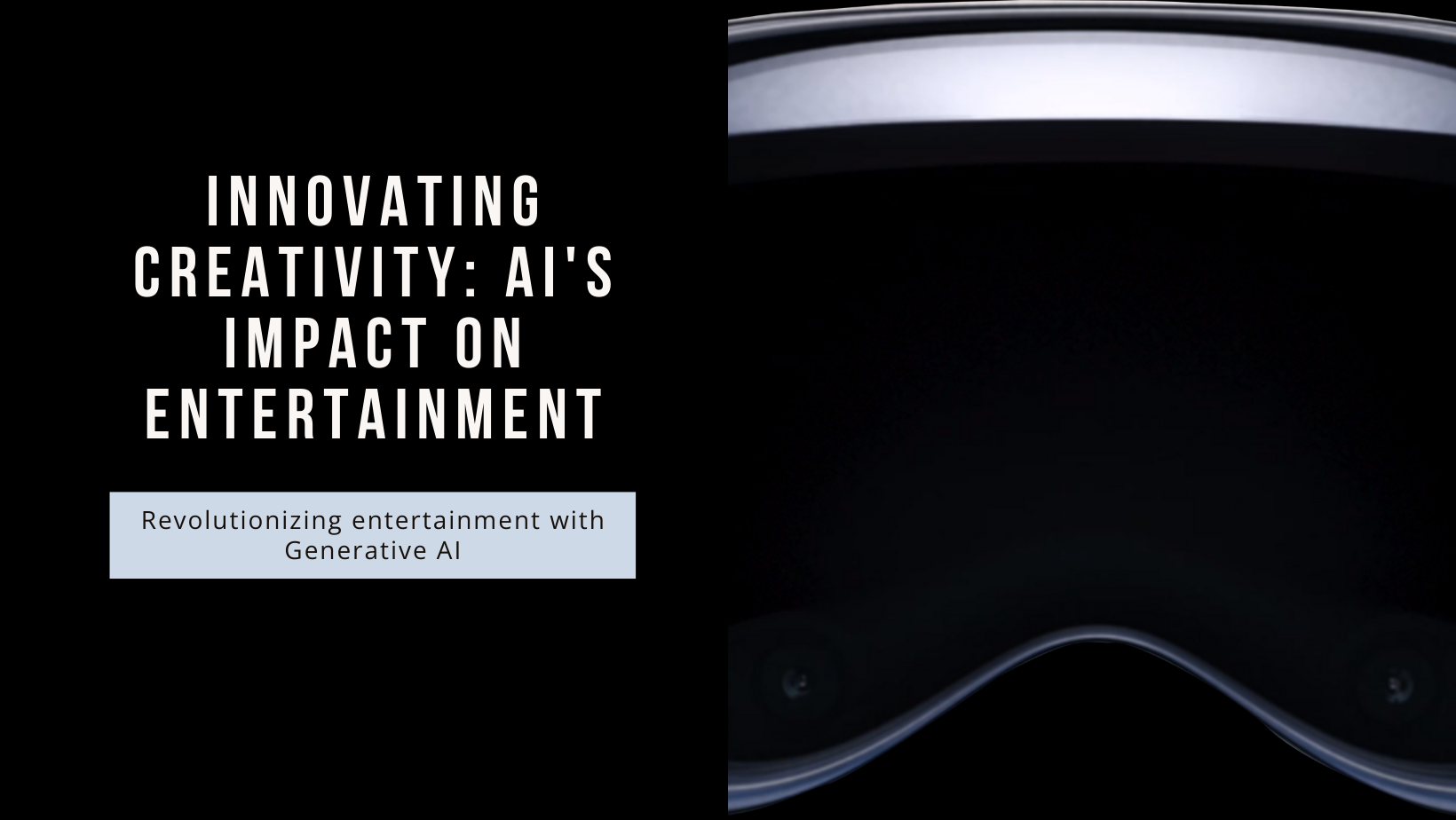In the realm of healthcare, the integration of artificial intelligence (AI) has ushered in a new era of innovation and transformation. Generative AI, a subset of AI focused on creating new content, designs, or solutions autonomously, holds tremendous potential to revolutionize healthcare delivery, improve patient outcomes, and streamline clinical workflows. This blog explores the profound impact of Generative AI on healthcare, highlighting its applications in diagnosis, treatment, medical imaging, and personalized patient care.
Understanding Generative AI in Healthcare
Generative AI leverages advanced machine learning techniques, such as Generative Adversarial Networks (GANs), deep learning models, and natural language processing (NLP), to generate new insights, predict outcomes, and automate decision-making processes in healthcare settings. By analyzing vast amounts of data, including medical records, imaging scans, genomic data, and clinical notes, Generative AI empowers healthcare providers to make informed decisions, optimize treatment strategies, and enhance patient care delivery.
Applications of Generative AI in Healthcare
1. Medical Imaging and Radiology
Generative AI enhances diagnostic accuracy and efficiency in medical imaging by analyzing and interpreting radiological images, such as X-rays, CT scans, and MRI scans. AI-powered algorithms can detect anomalies, identify early signs of disease, and assist radiologists in making timely and accurate diagnoses. This capability not only reduces interpretation time but also improves patient outcomes by facilitating early intervention and treatment planning.
2. Drug Discovery and Development
Generative AI accelerates drug discovery processes by simulating molecular structures, predicting drug interactions, and optimizing drug efficacy. AI algorithms analyze biological data, chemical compounds, and genomic information to identify potential drug candidates and therapeutic targets, expediting the research and development (R&D) timeline for novel treatments and therapies.
3. Personalized Medicine and Treatment Planning
AI-driven predictive analytics enable personalized treatment planning by analyzing patient-specific data, such as genetic profiles, biomarkers, and treatment responses. Generative AI models can recommend tailored treatment regimens, predict patient outcomes, and optimize therapeutic interventions based on individual characteristics and medical histories, thereby improving treatment efficacy and patient satisfaction.
4. Healthcare Operations and Resource Management
Generative AI optimizes healthcare operations by forecasting patient admission rates, predicting healthcare resource demand, and optimizing resource allocation. AI-powered algorithms analyze historical data, patient flow patterns, and clinical workflows to streamline hospital operations, reduce wait times, and enhance operational efficiency across healthcare facilities.
Benefits of Generative AI in Healthcare
- Enhanced Diagnostic Accuracy: Improves disease detection and diagnosis through AI-driven analysis of medical images and patient data.
- Efficient Treatment Planning: Facilitates personalized treatment plans and therapeutic interventions based on individual patient profiles and medical histories.
- Cost Reduction and Efficiency: Optimizes healthcare resource allocation, reduces administrative overheads, and enhances operational workflows.
- Patient-Centered Care: Enhances patient experiences by providing personalized care, improving treatment outcomes, and fostering patient engagement in healthcare decision-making.
Ethical Considerations and Challenges
As with any transformative technology, the adoption of Generative AI in healthcare necessitates careful consideration of ethical, regulatory, and privacy implications. Addressing issues related to data security, patient confidentiality, algorithm bias, and ethical use of AI remains crucial to maintaining trust, compliance with regulatory standards, and safeguarding patient welfare.
Case Studies: Real-world Applications of Generative AI in Healthcare
Case Study 1: AI-Powered Medical Imaging
Challenge: A healthcare institution aimed to improve diagnostic accuracy and reduce turnaround time for radiological imaging interpretations.
Solution: Implementing Generative AI algorithms, the institution automated image analysis and anomaly detection in X-rays and CT scans, enabling radiologists to prioritize critical cases and expedite diagnosis.
Outcome: The AI-powered medical imaging solution achieved a 40% reduction in interpretation time and a 30% increase in diagnostic accuracy, enhancing patient care efficiency and treatment outcomes.
Case Study 2: Personalized Treatment Recommendations
Challenge: A medical research facility sought to enhance treatment efficacy and patient outcomes through personalized medicine approaches.
Solution: Leveraging Generative AI models, the facility analyzed patient genetic data, clinical histories, and treatment responses to develop personalized treatment regimens and therapeutic strategies.
Outcome: The personalized medicine initiative led to improved treatment adherence, reduced adverse effects, and better patient outcomes, demonstrating the transformative impact of AI in precision medicine.
Future Outlook and Conclusion
Generative AI represents a transformative force in healthcare, promising to redefine clinical practices, enhance patient care delivery, and accelerate medical advancements. By harnessing the power of AI-driven innovations from Sodio Technologies, healthcare providers can embrace a future of personalized medicine, predictive analytics, and improved healthcare outcomes.
Contact us today to explore how Generative AI can revolutionize healthcare delivery, empower medical professionals, and elevate patient care standards in your organization







